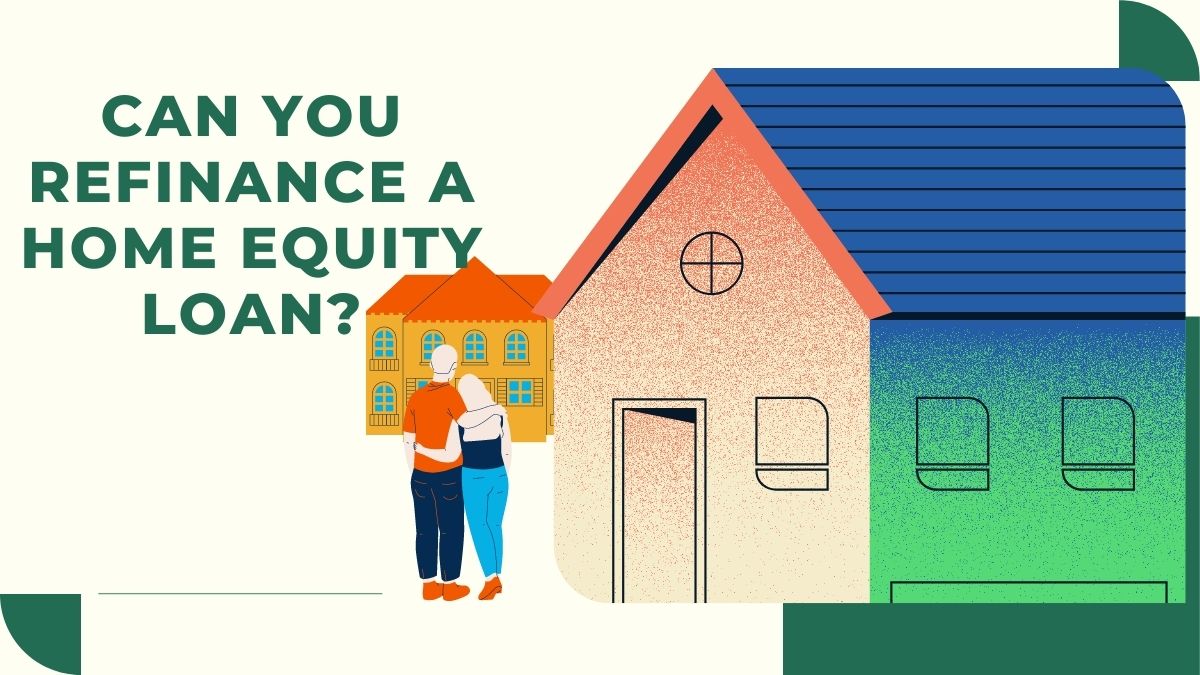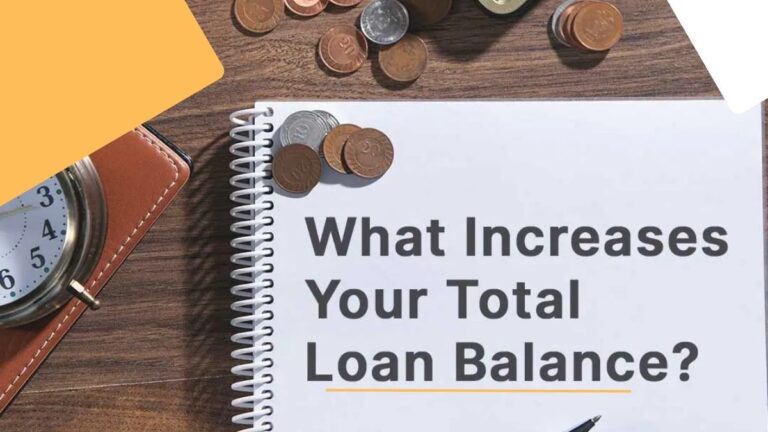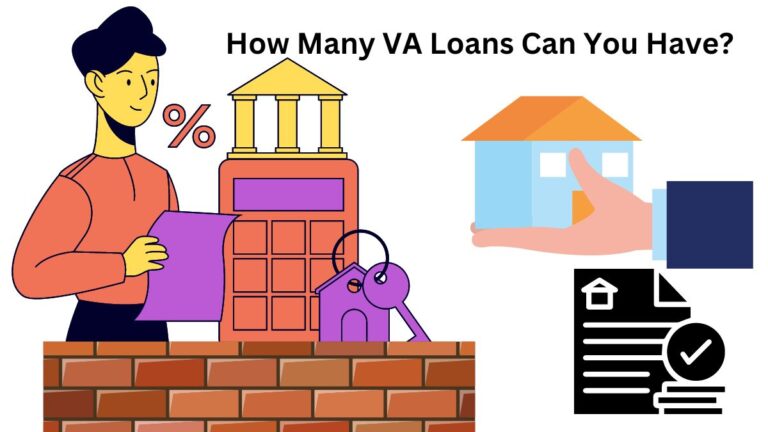Can You Refinance A Home Equity Loan?
Are you a homeowner looking to make the most out of your home equity loan? Or perhaps you’re considering refinancing but unsure if it’s even possible? Well, look no further! In this blog post, we will dive into the world of home equity loans and explore whether or not it’s feasible to refinance them. So grab a cup of coffee, sit back, and let’s uncover the answers together – because taking control of your finances has never been more exciting!
What is a home equity loan?
A home equity loan is a type of loan that you can take out to use your home’s equity as collateral. This allows you to borrow money against the value of your home, which can help you access funds for things like renovations or a down payment on a new purchase.
There are several different types of home equity loans, but all of them work by allowing you to borrow against the value of your home. The most common type of home equity loan is an adjustable-rate mortgage (ARM), which uses a variable interest rate based on market conditions.
If you want to refinance a home equity loan, it’s important to understand the pros and cons of each option. Refinancing can give you a lower interest rate and more flexibility in terms of your monthly payments, but it can also result in higher overall costs. It’s also important to consider whether refinancing would be the best solution for you, given your current financial situation.
Types of home equity loans
There are a few different types of home equity loans, but the most common is a closed-end loan. This means that you borrow all the money you need upfront and then pay back the principal and interest over time.
The interest rate on closed-end loans can be higher than other types of home equity loans, but that’s usually because you have to pay it back sooner. And unlike with an adjustable-rate mortgage, there is no chance of your interest rate changing during your loan term.
Another type of home equity loan is an open-end loan. With an open-end loan, you borrow less money upfront, but you may have to pay more in interest over time because your loan has a floating interest rate.
If you want to refinance your home equity loan, make sure to talk to your lender first. They will need to see if there are any changes in your financial situation since your last loan was made and what those changes would mean for the terms of your new loan.
Refinancing options for home equity loans
There are a few different refinancing options for home equity loans, depending on your credit score and the interest rate on your loan.
If you have a good credit history and the interest rate on your home equity loan is below 8%, you may be able to refinance into a new home equity loan at the same interest rate.
If you have a poor credit history or the interest rate on your home equity loan is above 8%, you may be able to get a higher interest rate by refinancing into a longer-term loan.
You may also be able to refinance into another kind of mortgage, such as a fixed-rate or an adjustable-rate mortgage.
How much can you refinance?
A home equity loan is a type of loan that allows borrowers to borrow up to 95% of the value of their home, with a few exceptions. Home equity loans are one of the most popular types of loans, and there are several reasons for this. One reason is that they are relatively easy to get. You can get a home equity loan from just about any lender, and there are no credit checks required.
Another reason is that home equity loans can be used for a wide variety of purposes. You can use them to pay off your debt or invest in something new. And because they offer lower interest rates than other forms of loans, HOME LOANS CAN BE REFINANCED TO AVOID PAYING MORE IN INTEREST THAN YOU RECEIVE IN PAYMENT!
There are several things you need to know before you refinance your home equity loan. The first is how much you can borrow. The second is how long your loan will take to repay. The third is what kind of interest rate you will be charged. Fourth, you’ll need to decide whether you want a fixed- or variable-rate loan. Fifth, it’s important to understand the terms and conditions associated with your refinance
Risks of refinancing a home equity loan
Refinancing a home equity loan involves paying more interest over the life of the loan, and may result in a higher overall cost. Additionally, refinancing can increase your risk of losing your home equity if you cannot meet your new mortgage payment obligations. Before refinancing a home equity loan, consult with a financial advisor to review your current financial situation and ensure that refinancing is the best solution for you.
Conclusion
Refinancing a home equity loan is an important decision, and it should not be taken lightly. Make sure to do your research first to ensure that the refinancing option that you choose is right for you and your financial situation. And if you have any questions about refinancing your home equity loan, don’t hesitate to reach out to our team at Refinance America – we would be more than happy to help!






